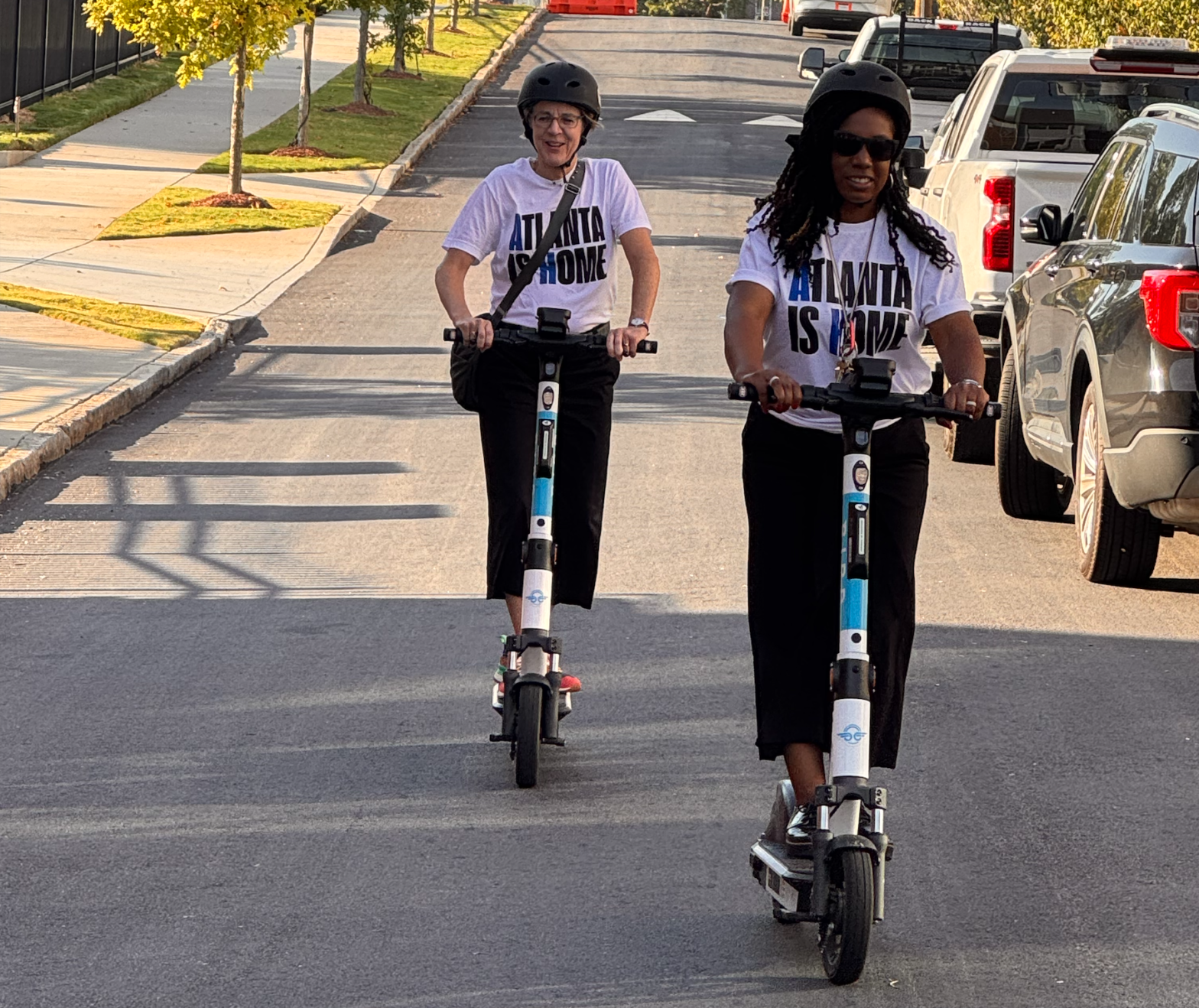
Atlanta pilots first housing-linked micromobility scheme
25 September 2025
by William Thorpe
Atlanta has become the first city in the United States to link shared e-scooters and e-bikes directly to public housing, through a new partnership between Atlanta Housing and Bird.
The initiative positions mobility as a core service alongside housing and employment, while also opening up new pathways to jobs.
The “Ride-to-Work” programme gives all Atlanta Housing residents a 50 percent discount on Bird rides, with additional automatic reductions in certain neighbourhoods. Parking spaces will be introduced at housing communities to make vehicles easier to find and use.
The scheme also creates employment opportunities within Bird’s Atlanta operations–from street teams to repair roles–supported by quarterly career fairs and training opportunities.
Speaking to Cities Today, John Lankford, Senior Director of Government Partnerships at Bird, said the model has been designed with replication in mind.

“This partnership shows that mobility can be treated as an essential service alongside housing and employment,” he said. “By integrating discounted rides, dedicated parking, and direct workforce pathways into one programme, we’ve created a model that addresses both affordability and access.”
He added that Bird’s constant need for street teams and operations staff means the employment element can be offered wherever the company operates. And both the Bird Access discount and parking infrastructure can be tailored to suit local conditions.
“The Bird Access programme is already available in cities across the country, and the discount structure can be shaped around local priorities,” he noted. “As for parking, these can be installed where demand and community input support them–from high-density urban cores to smaller neighbourhood hubs. The goal is to meet cities where they are, while ensuring equity and convenience for riders.”
Atlanta’s experience also highlights the value of aligning with wider policy goals and to be rooted in the everyday realities of residents–trips to home, work, and transit.
“Alignment with city priorities is critical,” he added. “In Atlanta, that meant tying into Vision Zero goals and supporting housing growth along major connecting roads and bike paths, like the Atlanta Beltline. For other cities, the priorities might be different, such as making micromobility part of the larger strategy for equity, liveability, and safe streets.”
Bird plans to expand similar partnerships by working closely with public agencies to balance affordability, safety, and fleet availability as demand grows.
“We start by listening to both local partners and riders,” Lankford said. “As demand grows, our focus remains on keeping rides affordable, safe, and reliably available to the communities who depend on them.”
Images: Bird/Atlanta Housing













